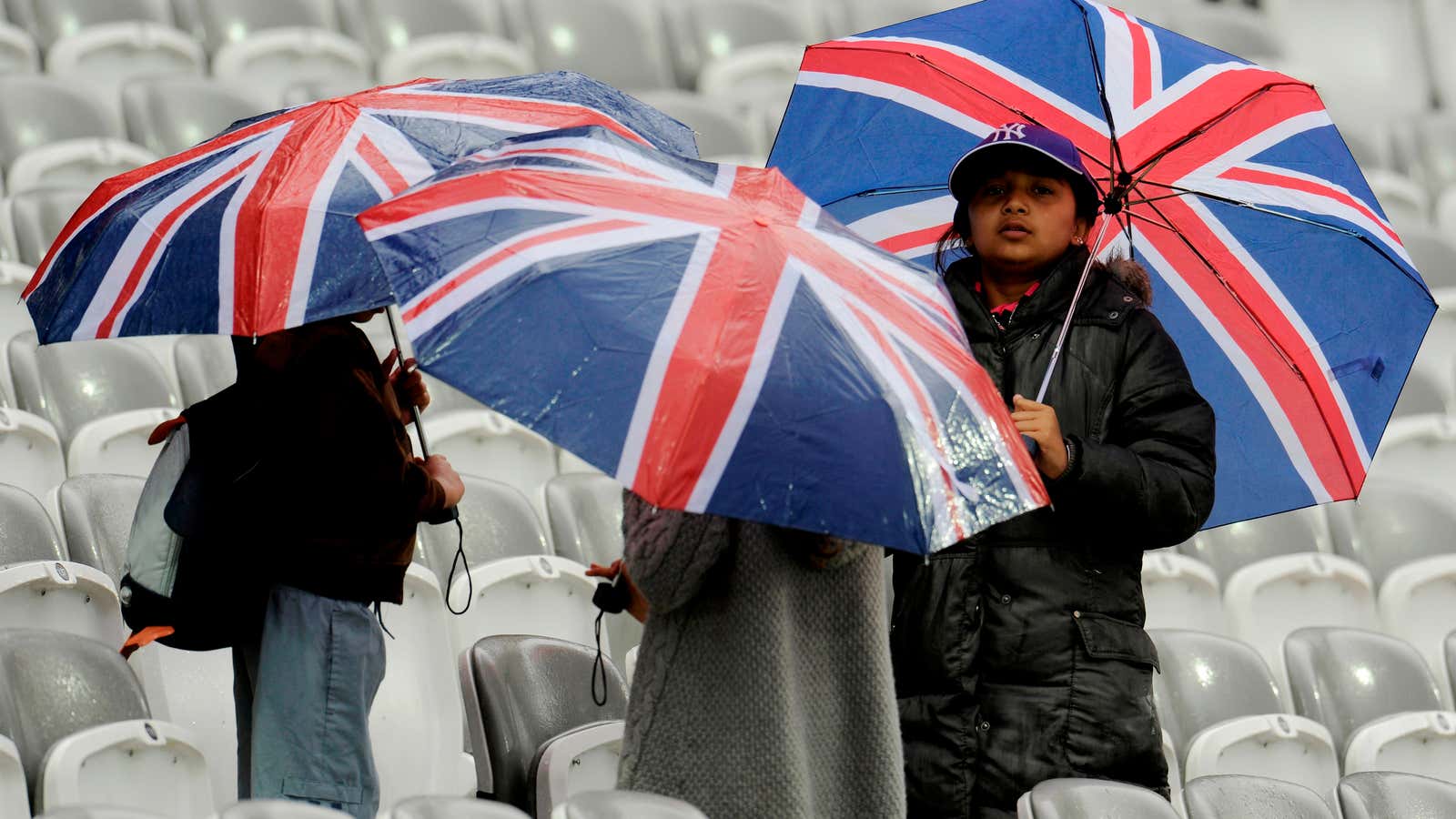Indian startups have a liking for the UK.
Just a month after ride-hailing firm Ola launched operations there, Indian hotel chain startup OYO, on Sept. 19, announced its entry into the island nation.
“The UK has been the top-most international travel destination for several years and last year hosted over 19 million tourists from around the world,” said Ritesh Agarwal, founder and CEO of Softbank-backed OYO. “Driven by its booming domestic and international travel and budget hospitality needs, the UK presents a multi-billion dollar opportunity for OYO.”
This is the firm’s first market outside Asia and it plans to invest £40 million (Rs380 crore) to establish a presence in 10 British cities over the next 18 months. OYO already has four properties listed in London, offering 80 rooms in all. By 2020, it plans to hire 100 people across the country and host upwards of 5,000 rooms.
The Indian startups are lining up for entry into the UK amidst nervousness over Brexit. For instance, just last week, Tata Motors-owned Jaguar Land Rover warned the UK government of massive losses if Britain exited the European Union without a clear policy on future trade relations.
“The UK has done an excellent job of enabling startups grow and compete on various accounts, from incubation to availability of funds,” said Sanchit Vir Gogia, chief analyst and CEO at Greyhound Research. “You enjoy tax reductions, among other things.”
Such a conducive environment is just what Indian startups need when they’re struggling to break even.
What’s the UK got?
OYO’s westward move comes despite having a decent run in China with 1,000 hotels covering 28 provinces, municipalities, and autonomous regions, and in other Asian nations like Malaysia and Nepal.
Within India, its revenue opportunity is still limited.
India’s internet economy is majorly concentrated in the top metros. And expanding to tier 2 and 3 cities may work for, say, e-commerce and video- and movie-streaming, but businesses with a physical presence like ride-hailing and hotel-booking have limited potential there.
In the UK, where the average income is nearly $14 per hour versus India’s $2 per hour, people are less price-sensitive, and the propensity to spend is far higher. A 3km taxi ride in Mumbai costs between $0.93 and $1.40, according to travel data-mining site Price of Travel. In contrast, a rider has to dole out between $10.39 and $15.58 to travel the same distance in London.
“The UK is very well-situated as a country with abundant availability of highly skilled professionals as well as proximity to a wide variety of countries in Europe,” said Ankur Nigam, partner at KPMG India. “I will not be surprised that through the UK operations, both Ola and OYO start entering into other neighboring countries as well.”
The India connect
What also helps is the large Indian diaspora, comprising 1.8% of the UK’s population. These people may have “experienced these brands on their visits to India or heard about them from someone,” said Harish HV, an independent consultant who tracks India’s startup sector. “This makes brand-building slightly easier.”
Besides wooing customers, the familiarity could help ease the burden on the supply-side, too. “Finally, a lot of drivers and hotel owners are Indian, which makes acquisition of cars and properties slightly easier,” Harish HV added.
